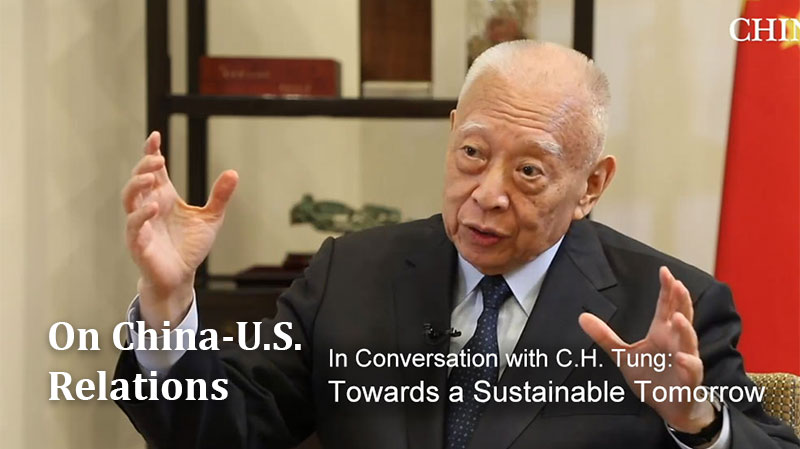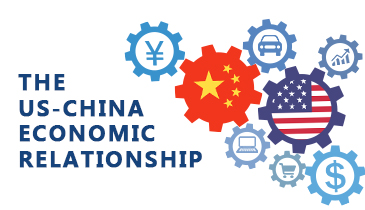Franz-Stefan Gady, Associate Editor, Diplomat
Oct 21, 2014
Does Tokyo’s military buildup have something to do with the recent thaw in relations between China and Japan? Franz-Stefan Gady explores the recent tensions between the two nations and analyzes the changes being made to Japanese defense forces since Prime Minister Shinzo Abe has taken power.
Franz-Stefan Gady, Associate Editor, Diplomat
Oct 21, 2014
Does Tokyo’s military buildup have something to do with the recent thaw in relations between China and Japan? Franz-Stefan Gady explores the recent tensions between the two nations and analyzes the changes being made to Japanese defense forces since Prime Minister Shinzo Abe has taken power.
Eric Farnsworth, Vice President, COA, Washington D.C. Office
Sep 08, 2014
While China’s entry into Latin America continues to gain international attention, a push by Japan to increase its influence in the region is receiving far less coverage. As Eric Farnsworth explains, Japan has maintained long-term interests in the region that it is only now seeking to strengthen.
Stephen Harner, Former US State Department Official
Aug 29, 2014
What does the release of Japan’s 2014 Defense White Paper say about the future of Sino-US-Japanese trilateral relations? Stephen Harner warns that Abe’s vision, as laid out in the White Paper, is not a path towards stability in the Asia-Pacific.
Cai Hong, China Daily's Tokyo Bureau Chief
Aug 20, 2014
No matter how hard Japan tries to dress up the war as a valiant battle against colonial powers the truth of its aggression will not be denied, writes Cai Hong.
Liu Junhong, Researcher, Chinese Institute of Contemporary Int'l Relations
Aug 08, 2014
Japan and the United States are competing for a dominant role in the Asia-Pacific, as the negotiations over the TPP ad the new Japan-US defense guidelines inflame tensions in the bilateral relationship, writes Liu Junhong.
Ted Galen Carpenter, Senior Fellow, Randolph Bourne Institute
Jun 05, 2014
In the wake of Japanese Prime Minister Shinzo Abe’s speech to the Shangri-La Dialogue, Ted Galen Carpenter assess the speech and subsequently delineates three measures that are critical to Shinzo Abe’s new policy declaration.
Feng Zhaokui, Honorary Academician, Chinese Academy of Social Sciences
May 21, 2014
Bilateral relations between China and Japan have grown increasingly dangerous as tensions rise over the disputed Diaoyu Islands and the Yasukuni Shrine. The two countries must restore trust and consider the long-term political, economic and environmental consequences of their actions.
Apr 22, 2014
As the Abe administration aims to build up Japan’s military, Jin Ying urges the public to pay attention to the changes and be wary of the consequences if Japan continues this rapid militarization.
Colin Moreshead, Freelance Writer
Apr 03, 2014
In light of recent tension in the Asia Pacific, Colin Moreshead argues that the United States should bring Japan, South Korea and China all to the table for common-ground initiatives, like fighting climate change or promoting education.
China-Japan Relations

